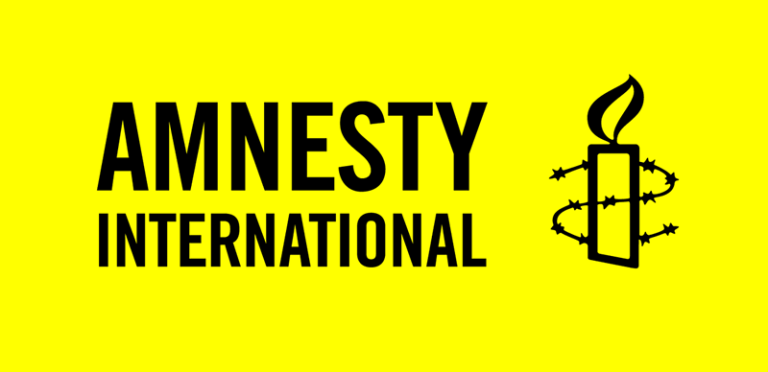“The accusations, which can lead to threats, physical attacks, or even death, usually start within the family or among community members following a tragic event such as an illness or a death,” Amnesty International said Monday, calling on the government to criminalize accusations and ritual attacks against hundreds of people suspected of practicing witchcraft in Ghana, particularly older women. The Ghanaian parliament passed a bill in 2023 that would make it illegal to declare, accuse, name, or label someone as a witch, but the bill has not yet been signed into law.
The risk is higher for older women who are poor, have health issues or disabilities, or don’t fit into traditional gender norms. It also stated that accusers may even base their allegations on having experienced a nightmare about a particular individual.
The majority of victims are “marginalized individuals, particularly older women,” in areas in country’s northern and northeastern regions, the report said.
Belief in witchcraft remains common in many rural communities along the west African coast, including Ghana.
People accused of witchcraft are usually banished from their home areas and in Ghana they seek refuge in camps run by traditional priests “where they remain until they die or a family member or another community accepts them,” the rights monitor said.
Amnesty said Ghana had not done enough to protect victims, stressing the need for a sensitisation campaign in vulnerable areas.
It also said the government had failed to “ensure access to adequate food, safe housing and clean water” for people living in these camps.“The authorities should pass legislation specifically criminalizing witchcraft accusations and ritual attacks, including protective measures for potential victims,” said Genevieve Partington, Amnesty’s country director in Ghana.
Partington is also a member of the Coalition Against Witchcraft Accusations, an association set up following the lynching of a 90-year-old woman in July 2020 in northern Ghana.
Similar attacks occur in other parts of Africa.
Eight women blamed for the death of two ailing boys in Guinea Bissau last year were forced to drink poison and died.
Also last year, two women in their sixties were publicly stoned and their bodies burnt in the Democratic Republic of Congo for allegedly causing the deaths of several people.
This is a reflection of how “we treat elderly people,” Leo Igwe, founder of Nigeria-based non-profit Advocacy for Alleged Witches, told AFP.
Samadu Sayibu of Ghana’s rights group Songtaba, said it also “highlighted issues such as gender and poverty”.





